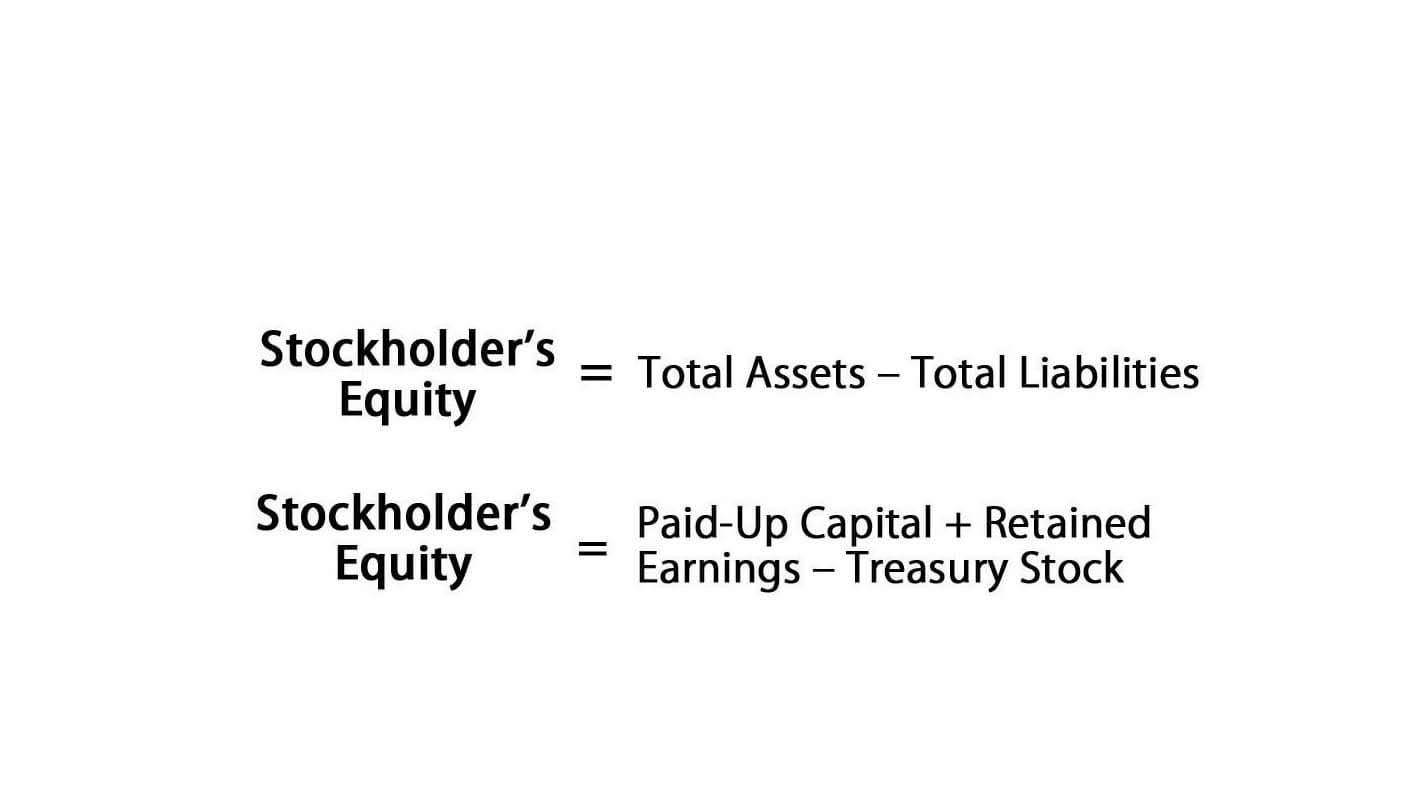What are Outstanding Checks? Definition Meaning Example

Tracking of payments can be accomplished through the use of checks, which provide both a paper trail and evidence Catch Up Bookkeeping of payment. Through the use of the check, the sender and the recipient of the payment are able to retain a record of the transaction, which includes the date, the amount, and the payee. In this context, an outstanding check need not be outstanding for long; it may simply be the short period of time between when a check is mailed and when it is received.
- Unauthorized charges or fraudulent activity on your credit card can also result in an outstanding balance.
- In financial reporting, outstanding checks complicate the preparation of accurate statements.
- An unpresented cheque simply means that a cheque has been written and accounted for, but it has not yet been paid out by the bank from which the money is being drawn.
- These laws mandate businesses to remit unclaimed funds to the state after a specified dormancy period.
- Outstanding checks affect the accuracy of account balances, leading to potential misinterpretations of available funds.
- An outstanding check is one that has been written by someone, but not yet deposited or cashed by the recipient.
Can I cash a cheque that says not negotiable?
As part of this agreement, you are required to make regular payments to repay the borrowed amount. An outstanding balance arises when you have not paid off the full amount owed within the specified timeframe. On a bank statement, an outstanding check means the check amount has been deducted from your account balance but the outstanding checks bank has not processed it yet.
What are the security considerations for handling check remittances?
In some jurisdictions, uncashed checks may be classified as unclaimed property, requiring compliance with escheatment laws. These laws mandate businesses to remit unclaimed funds to the state after a specified dormancy period. Non-compliance can result in penalties, underscoring the importance of staying informed about state-specific obligations.
What does ‘earnings per share’ mean? – MoneyWeek Investment Tutorials
- When you carry a balance on a credit card or loan, interest accrues on the remaining amount.
- This database includes exclusive data, not offered by other sources, like Fake Routing Numbers, and the Fraction Code or Fractional Routing Number found on the face of printed checks..
- The payor is the entity who writes the check, while the payee is the person or institution to whom it is written.
- You can also commit to growing your financial literacy by learning about more topics around bank accounts and payment.
- Because they are transferable and assignable, some negotiable instruments may trade on a secondary market .
They are not tax efficient and an investor should consult with his/her tax advisor prior to investing. The value of the investment may fall as well as rise and investors may get back less than they invested. Post Dated – Post Dated Check – If a check is returned for Post Dated this means the date on the check was for a future date. Future dated checks can be returned for Post Dated or Post Dated Check. Checks that are returned and stamped Post Dated can be redeposited on or after, but not before the date in the date blank at the top right of the check. Also check by the endorsement for wording such as "check not valid until.”

Why it is called negotiable instrument?
This can cause discrepancies between the bank statement and the company’s books, requiring adjustments during the bank reconciliation process. Accurate reconciliation ensures financial statements comply with standards like Generally Accepted Accounting Principles (GAAP) or International Financial Reporting Standards (IFRS). The bank reconciliation process aligns the bank statement with a company’s accounting records to maintain accurate financial records.


What happens if I write a check but the payee doesn’t cash it right away? An outstanding check is one that has been written by someone, but not yet deposited or cashed by the recipient. It remains a liability for the payor until the recipient finally decides to cash it. First and foremost, it is crucial for businesses to understand that federal regulations dictate specific timeframes within which a bank can process checks. The Expedited Funds Availability Act (EFAA) sets forth requirements for banks regarding the processing of checks petty cash deposited by customers. Setting Up Overdraft ProtectionIf you do have an occasional check that goes unclaimed, setting up overdraft protection can prevent unexpected NSF fees.



